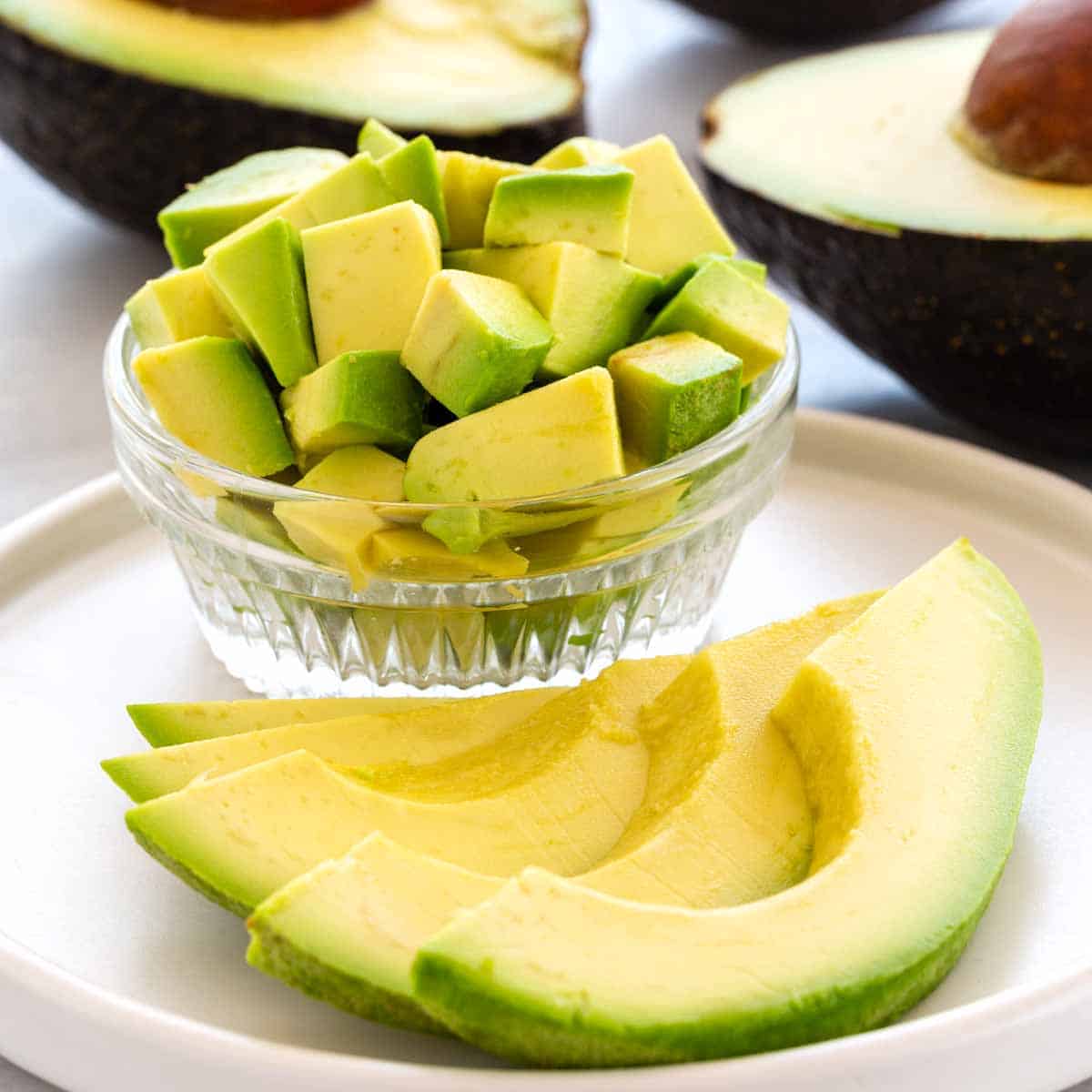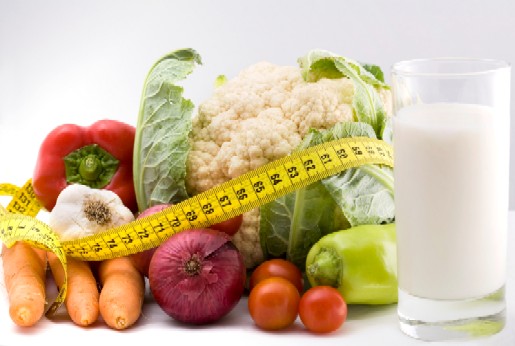6 Vitamin-B-Rich Foods You Should Consume Regular
Vitamin-rich foods play a significant role in boosting your health and overall well-being. Your body must receive the proper amount of vitamins and nutrients daily. Vitamin B is an essential element of your diet, described by health experts as a building block for a healthy body. According to a study, 6% of persons under 60 have a vitamin B deficiency in the US, making it essential to incorporate it into your diet. Thankfully, Vitamin B is present in various foods, including those below.
- Whole grains
Whole grains are a rich source of Vitamin B and also provide your body with the fibre it needs. It’s best to consume whole grains that haven’t been processed, so you can benefit from their nutrients as much as possible. Grains rich in Vitamin B include brown rice, mill millet, and quinoa. You can get creative with incorporating whole grains into your diet by trying recipes such as a healthy quinoa salad recipes.
- Legumes
Legumes are a great source of B vitamins and can help decrease cholesterol and blood sugar levels. They include beans, lentils, peanuts, and garbanzo beans. Black beans are also praised for their high protein and fiber content. Legumes include several other important vitamins and minerals that have been proven to help reduce cancer risk. As your body gradually digests legumes, you’ll feel energized. Additionally, antioxidants found in beans and legumes help prevent cell damage, combat disease, and slow aging. Speaking of legumes,
- Spinach
Spinach contains several vitamins and minerals, including B2, B6, and folate. Raw spinach contains 25% more iron than steamed spinach, so why not try adding raw spinach to your meal? Consuming spinach may provide health advantages such as improved blood glucose management, reduced cancer risk, and enhanced bone health. Furthermore, this vegetable has minerals and B vitamins that give various advantages.
- Avocado
Avocados include a high concentration of unsaturated fatty acids and many vitamins and minerals. They provide several advantages when incorporated into a diverse, nutritious diet. When added to your diet, avocados can help maintain healthy cholesterol levels, which is vital for cardiovascular health. You can consume them alone, in your salads, with toast, and so on.
- Sunflower seeds
Sunflower seeds are one of the top ten foods for vitamin B. They are also high in folic acid. Sesame, flax, and pumpkin seeds are also high in B. Consumption of seeds, notably sunflower seeds, has been related to decreased incidence of cardiovascular disease, high blood cholesterol, and high blood pressure. Sunflower seeds include a variety of vitamins and minerals that help boost your immune system and improve your capacity to fight illnesses.
- Eggs
Eggs are among the few foods that qualify as “healthy superfoods.” They are high in vitamins and minerals, some of which are not common in the modern diet. B12, B2, and B5 are all found in eggs. They’re nutrient-dense and healthful and can help you lose weight by keeping you satisfied for longer. The yolk has the greatest B12 content. Eating a substantial amount of eggs also helps to reduce the risk of heart-related diseases and also helps to keep your eyes healthy.
- Where Your Energy Really Goes and How to Get It Back - August 12, 2025
- How To Recover From A Serious Injury - August 12, 2025
- 4 Considerations for a Meaningful Funeral for Your Loved One - August 4, 2025


